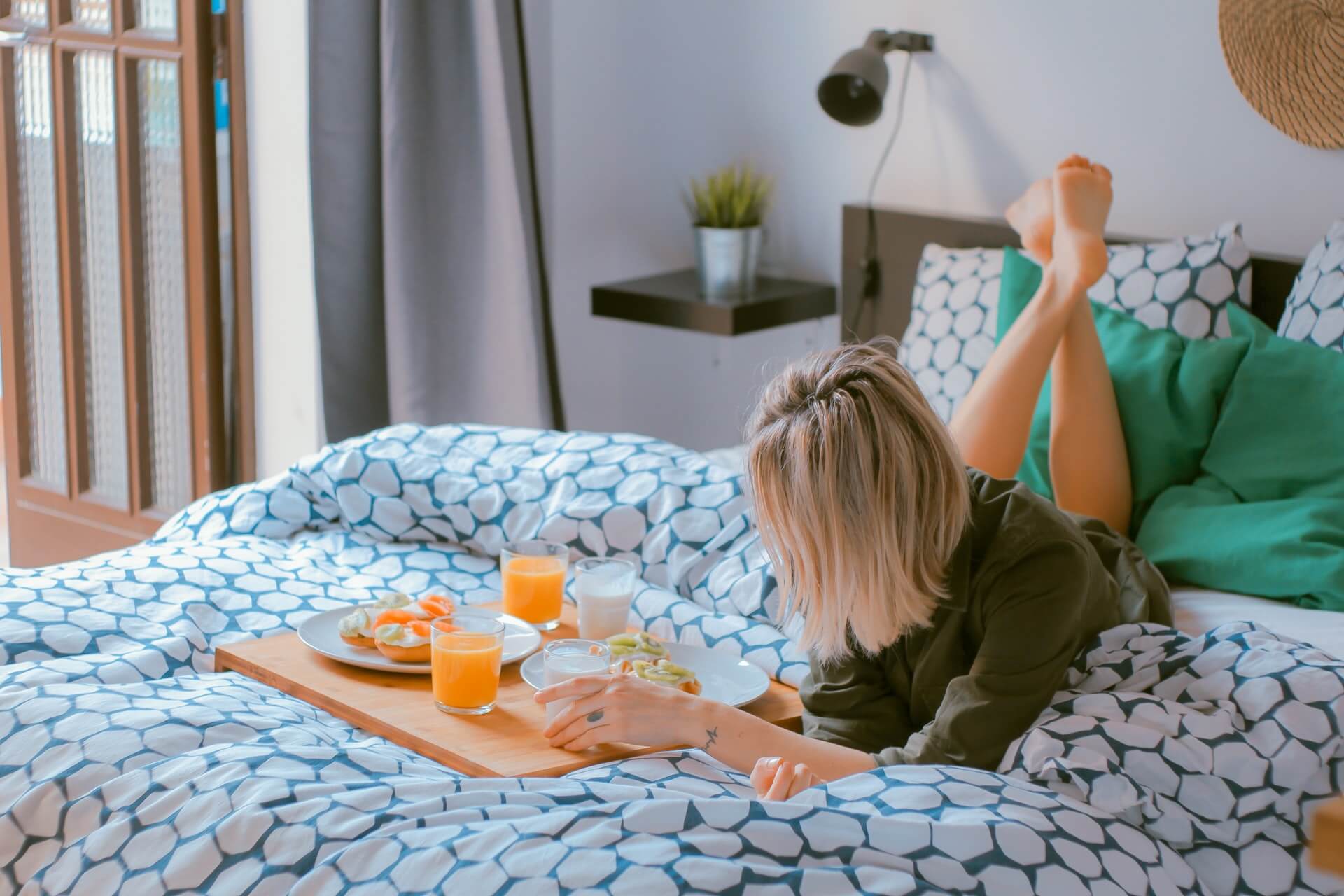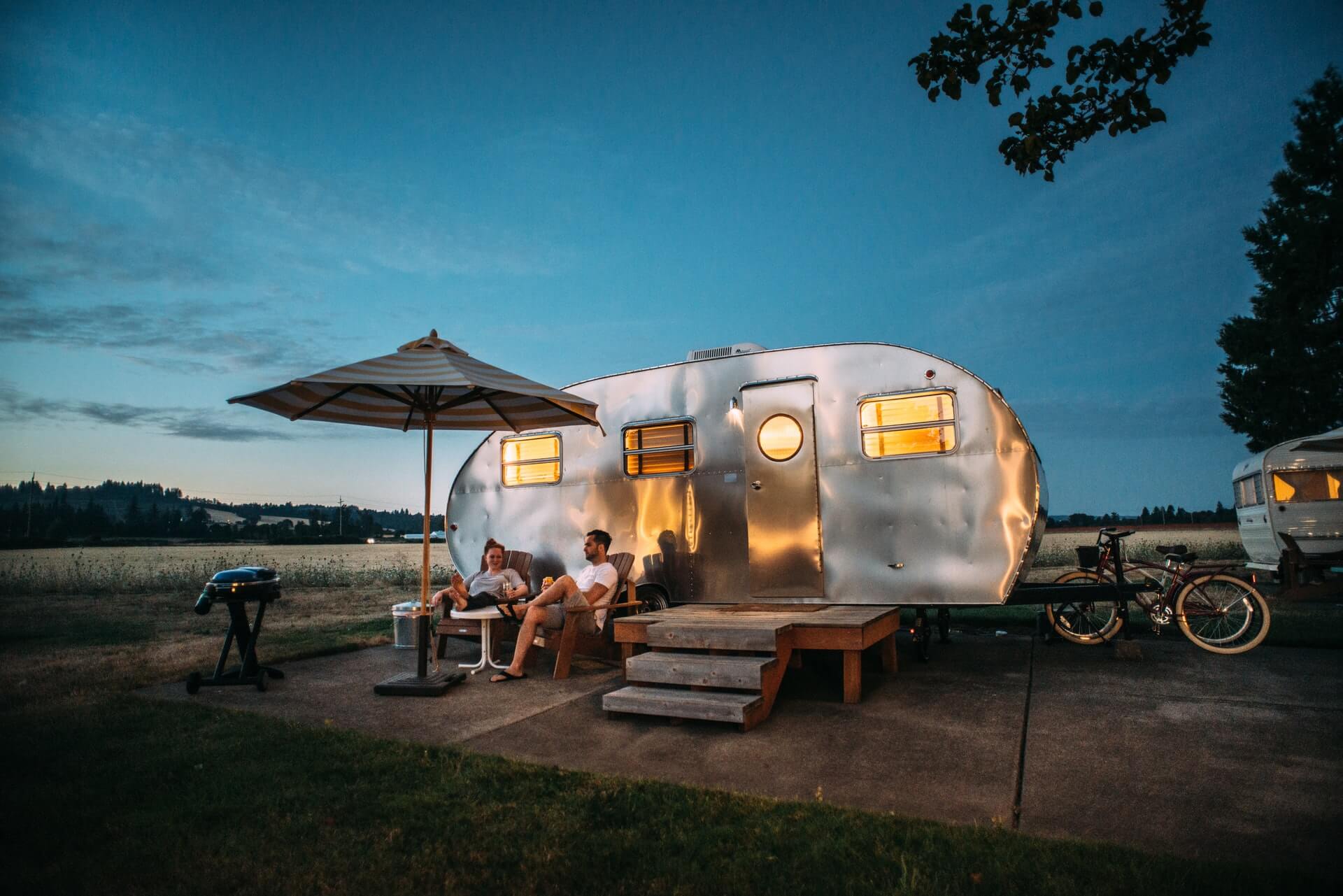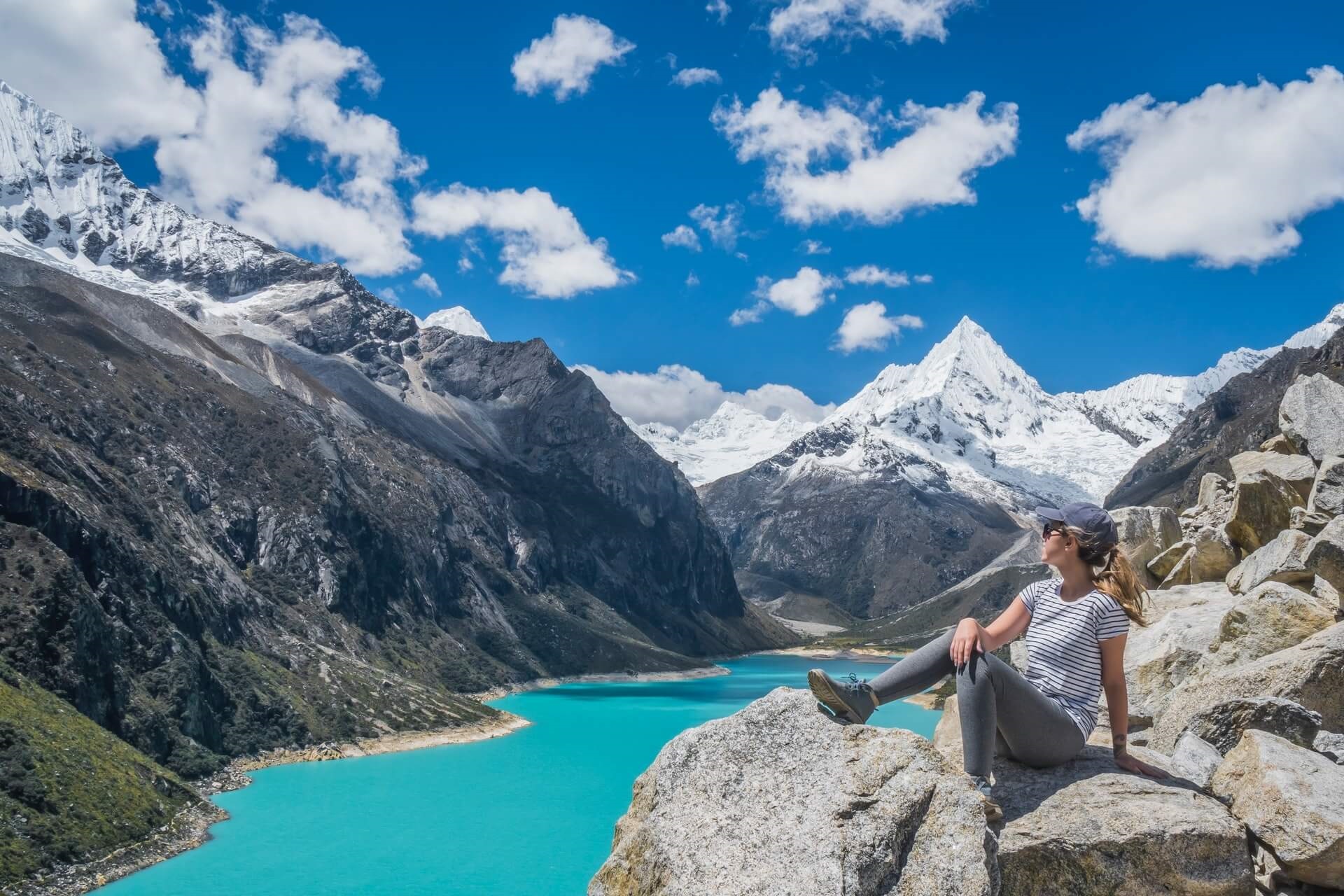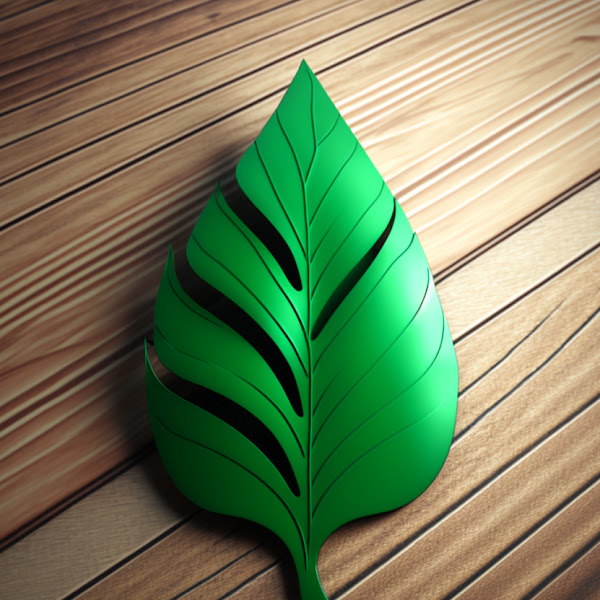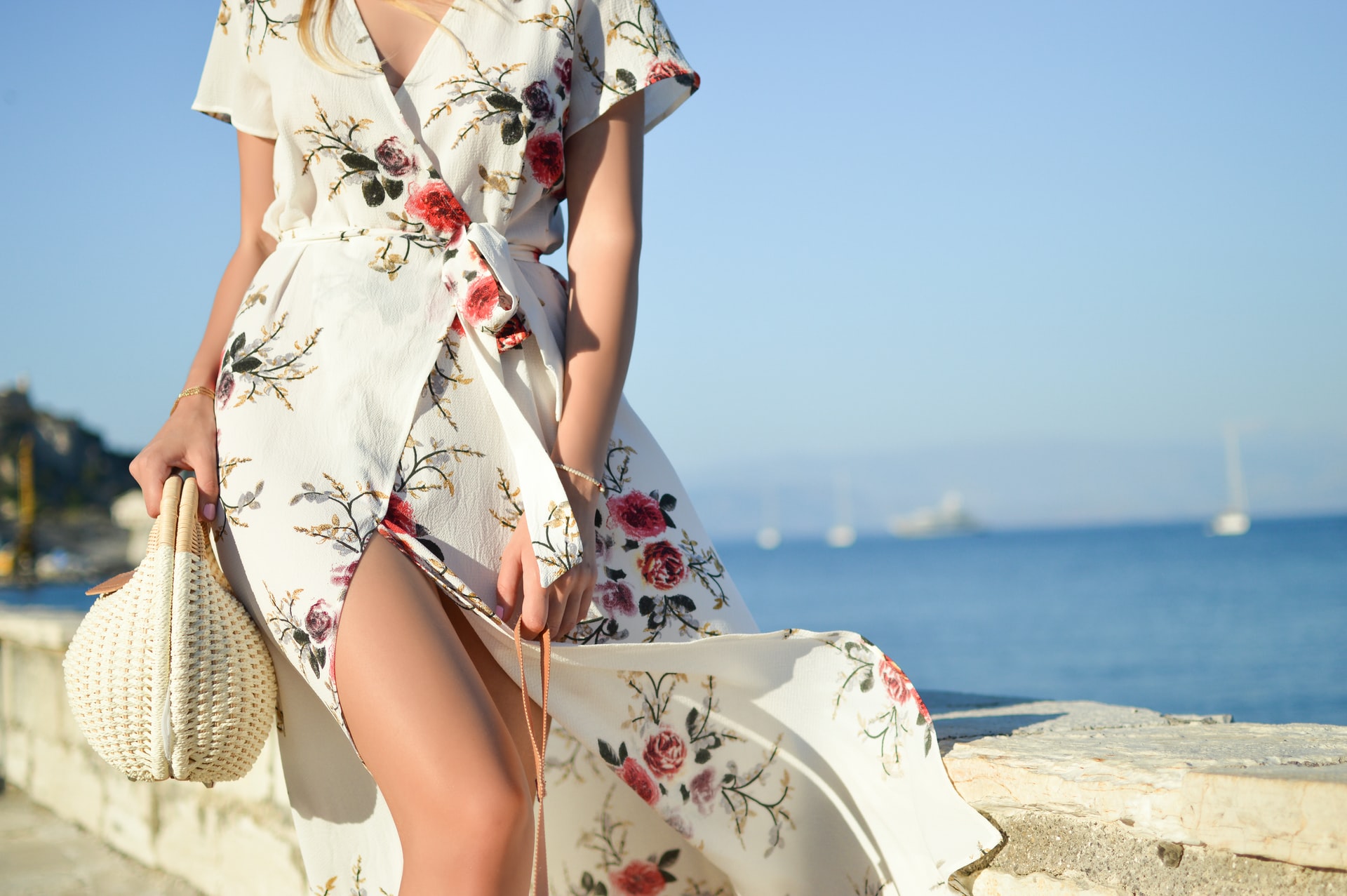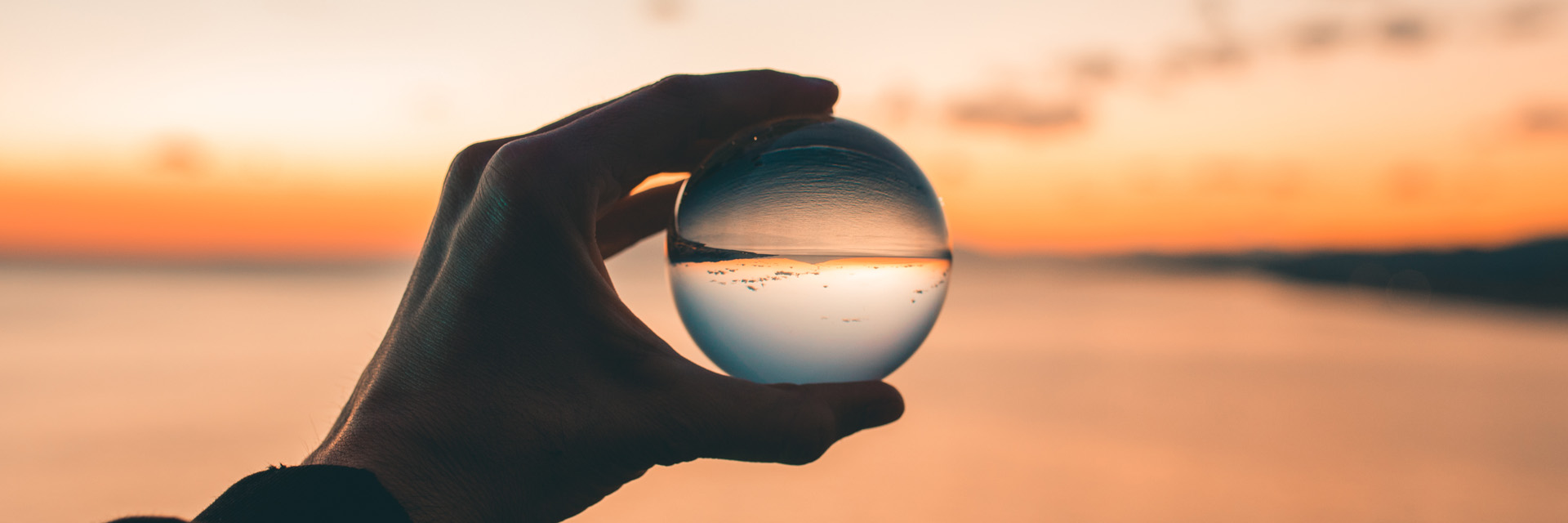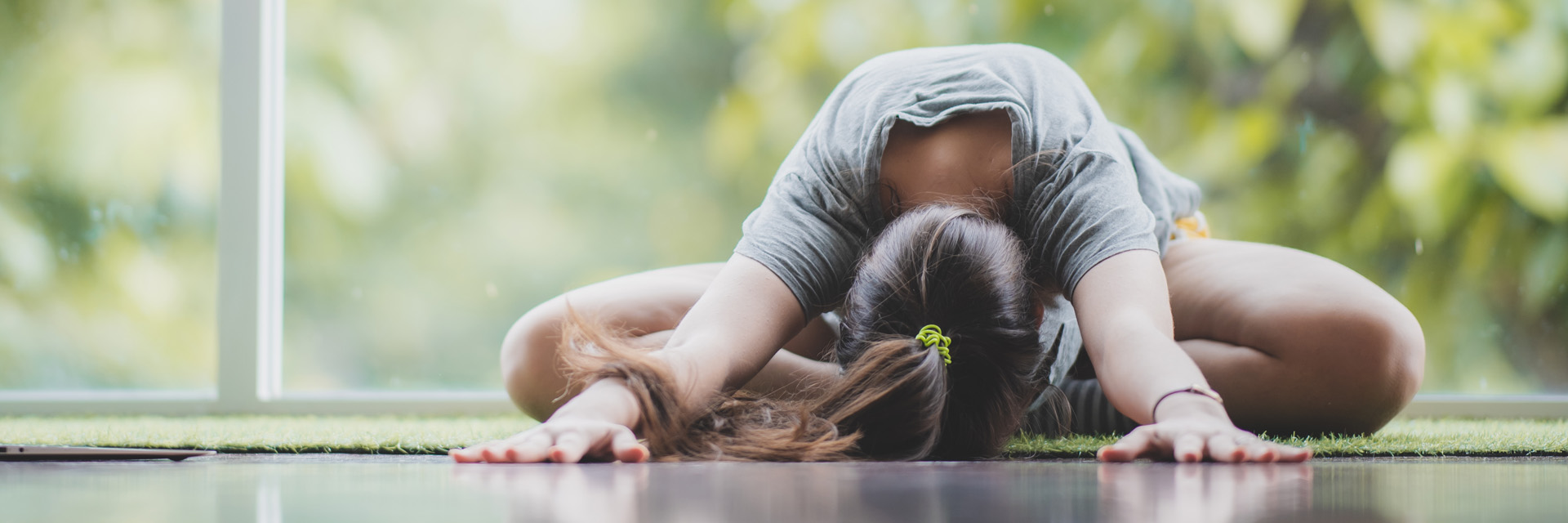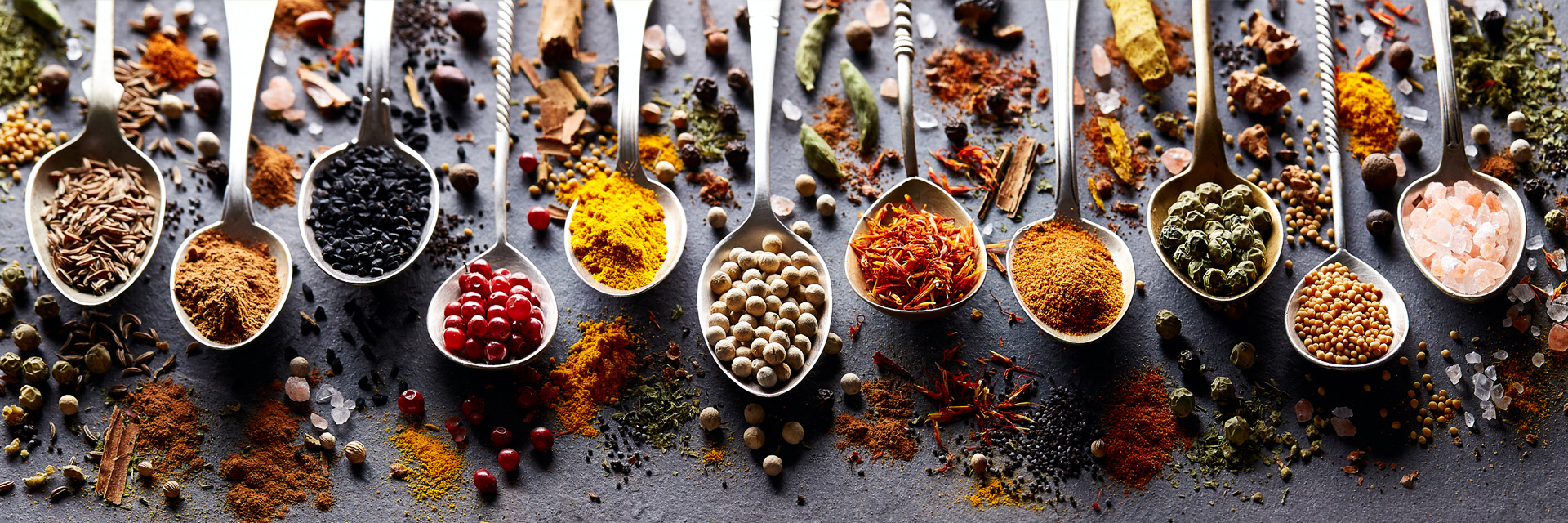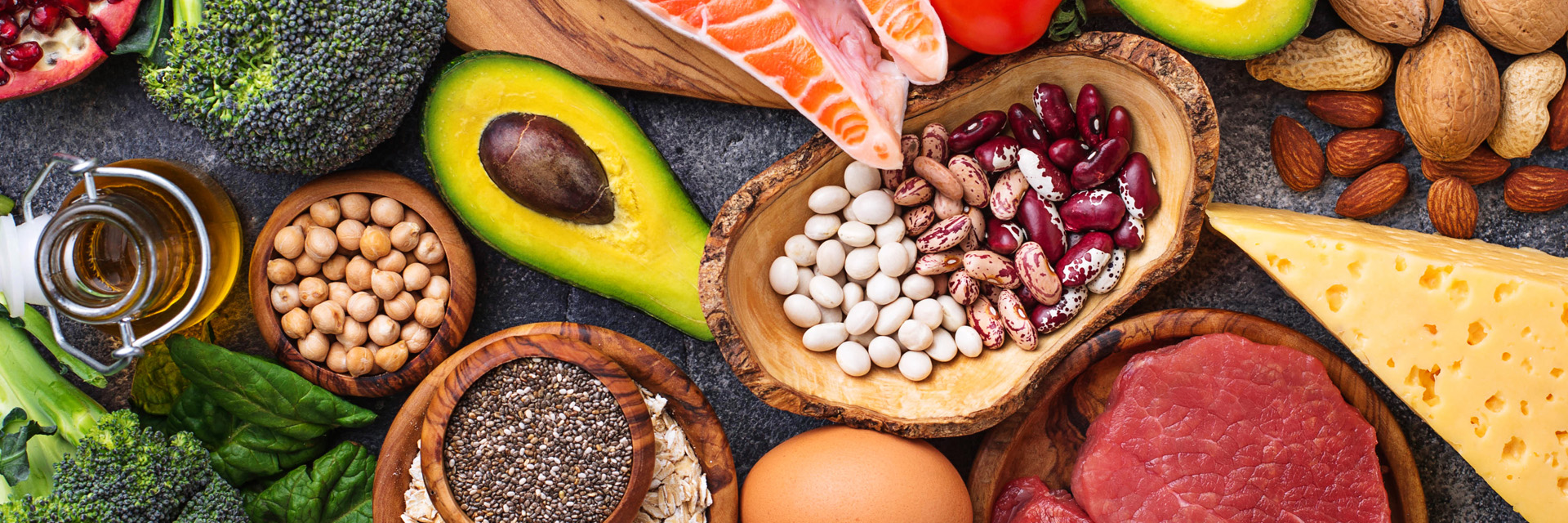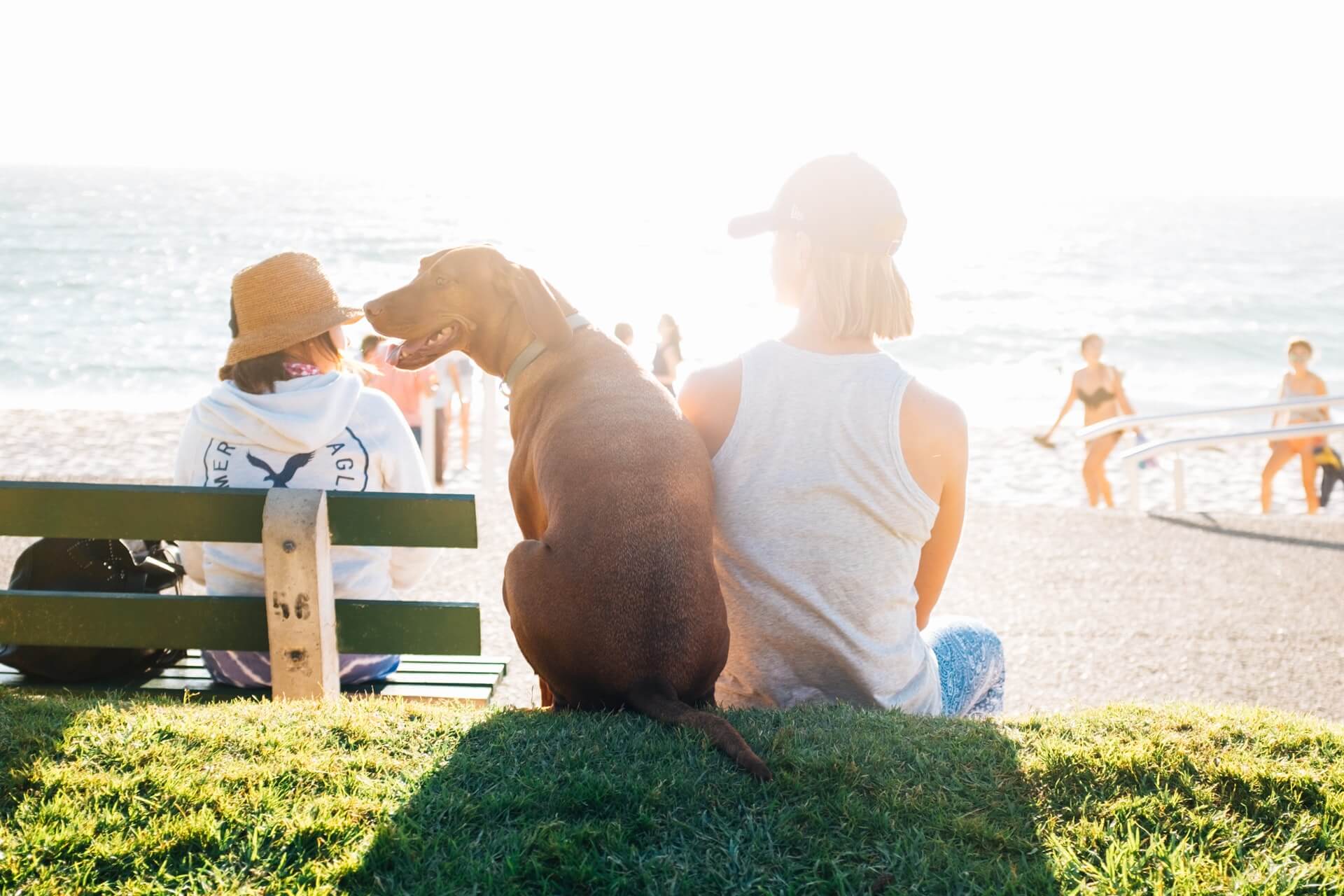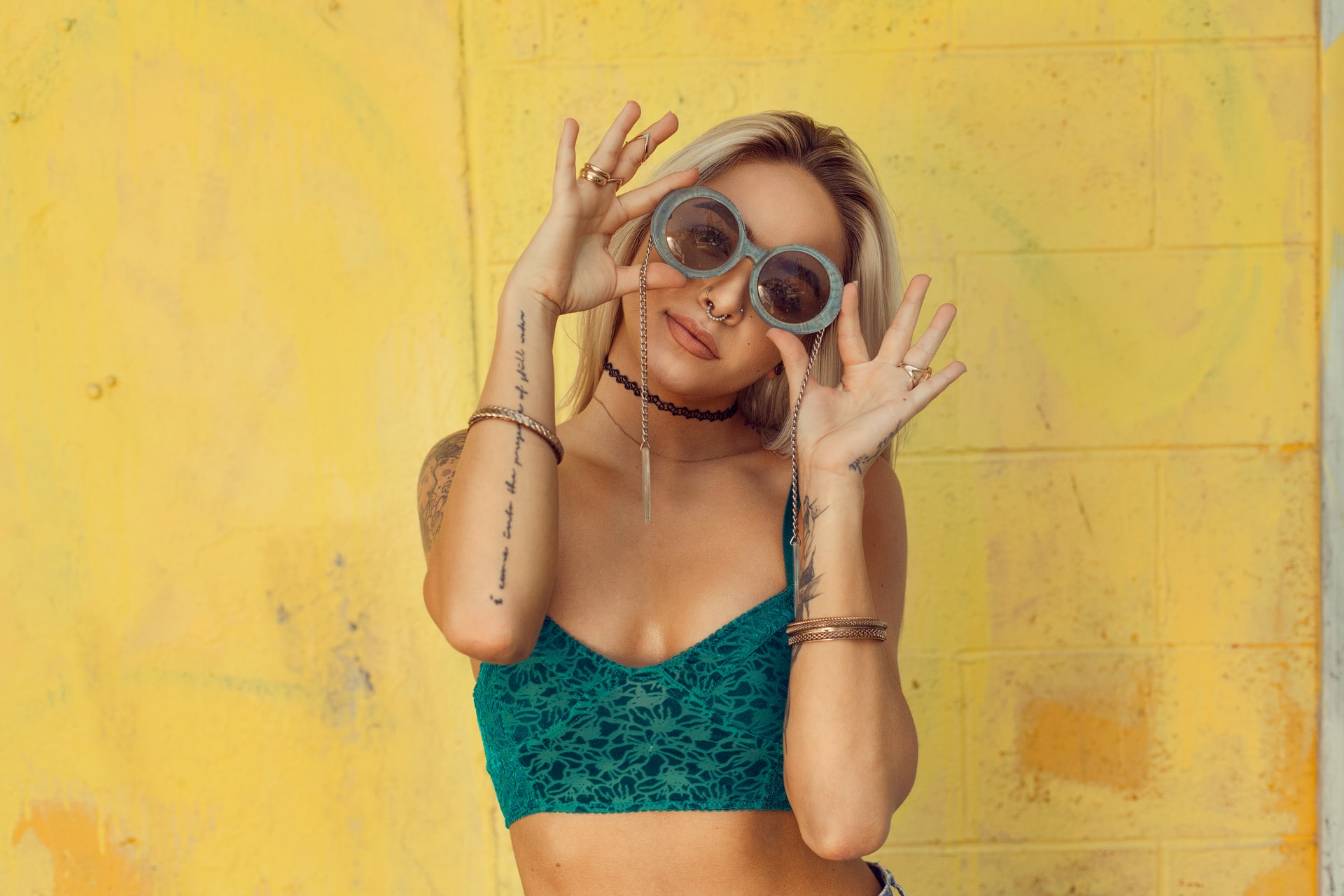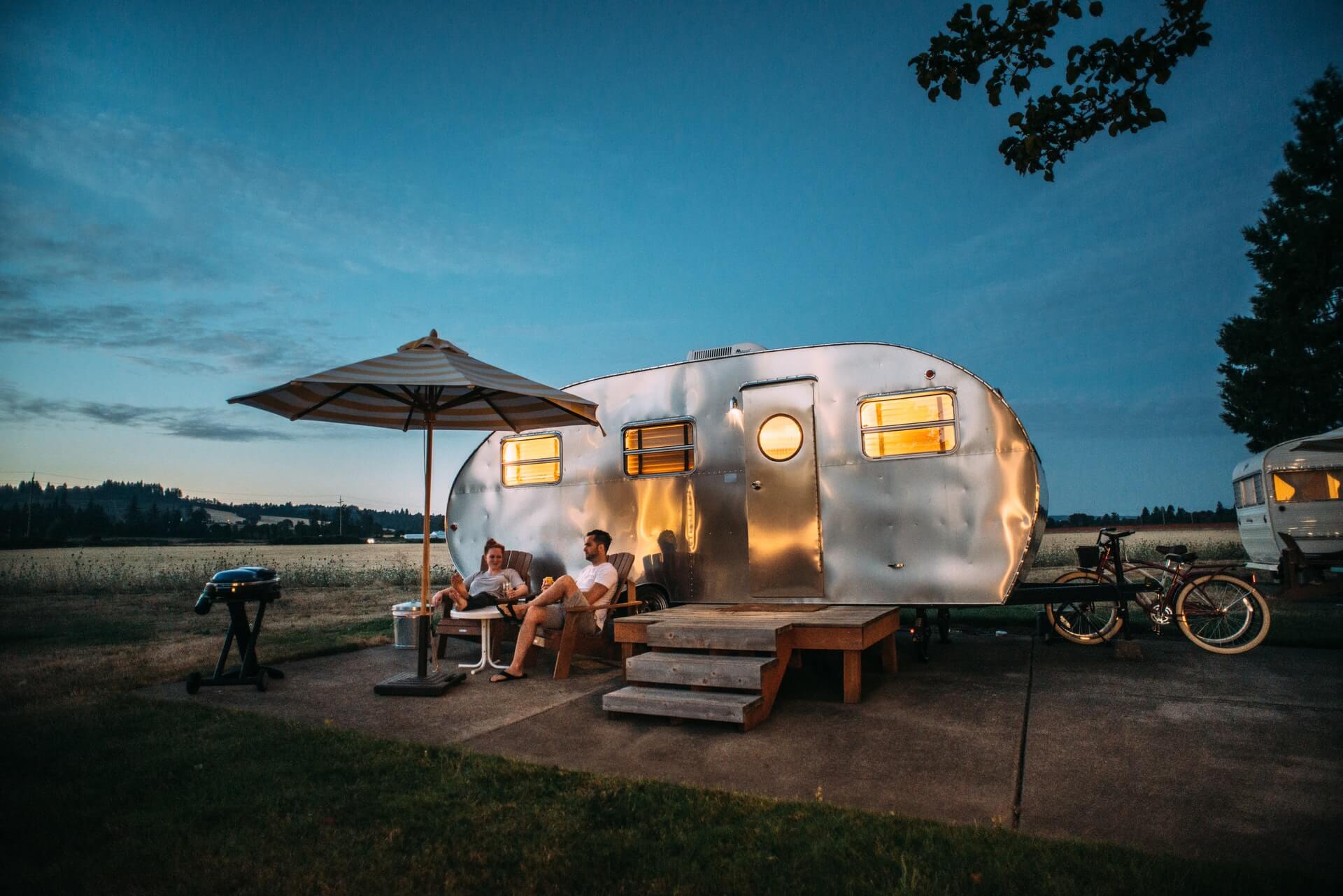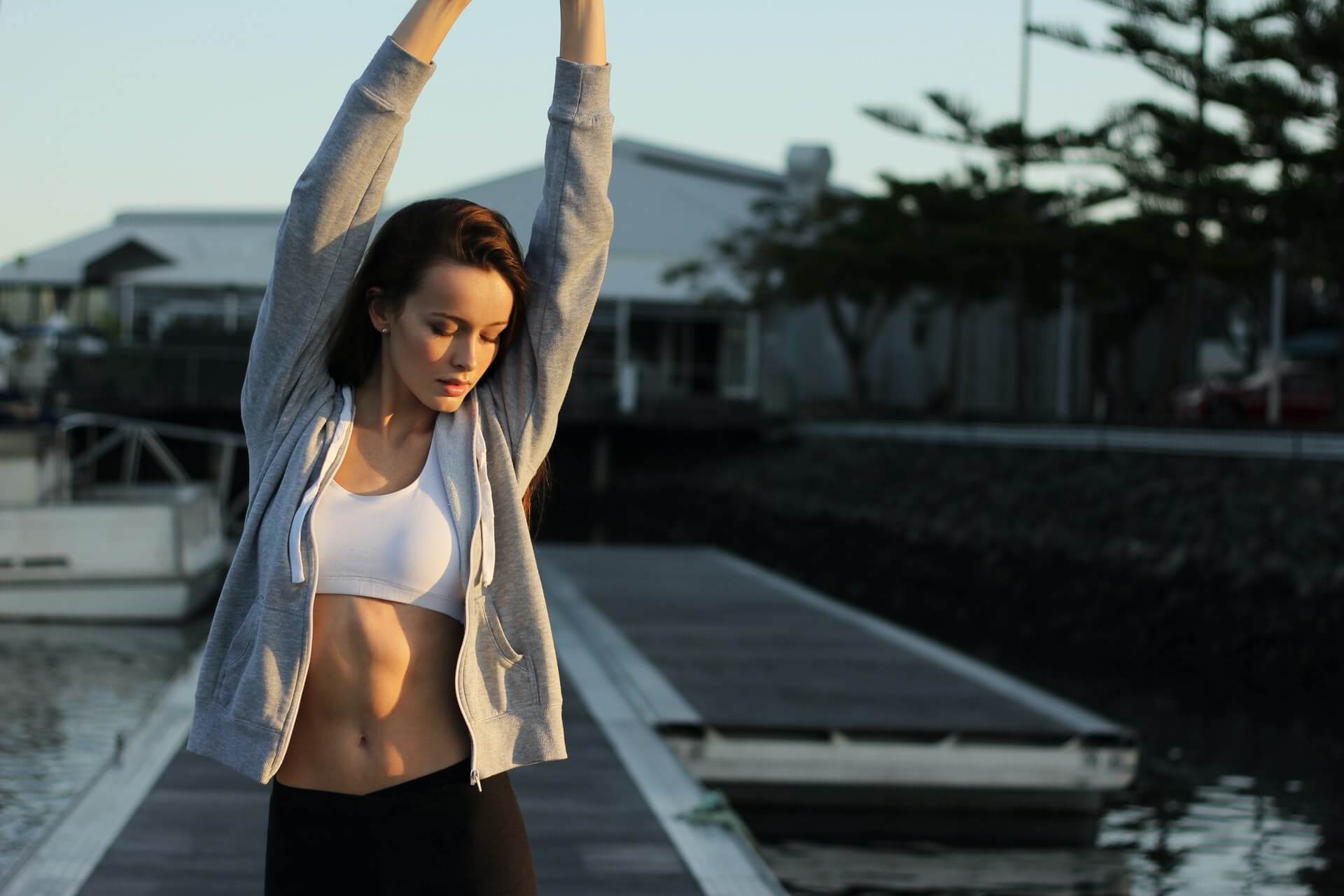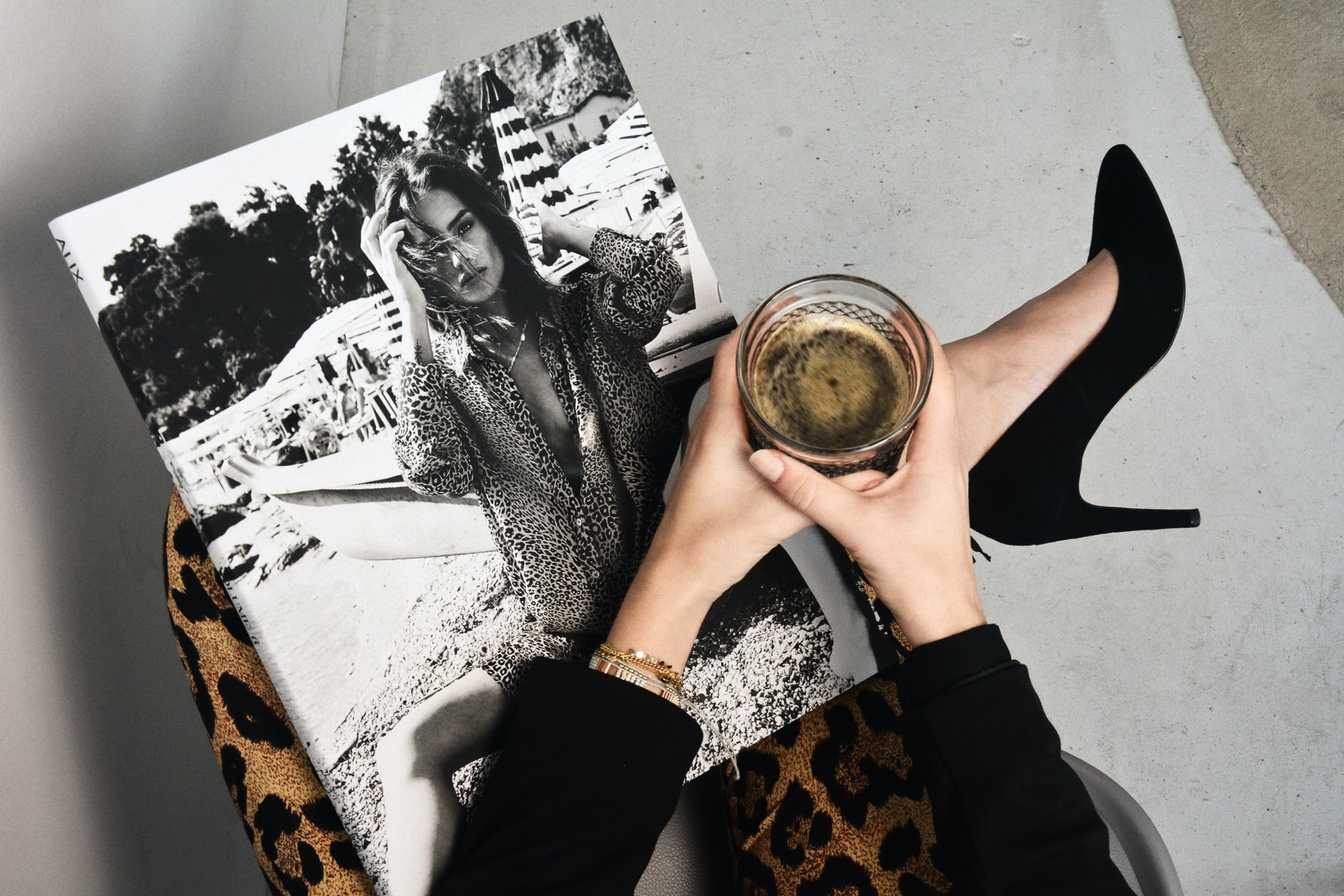Convention is usually in place because it worked for someone, or perhaps a group of people, for a time. It feels safe and predictable.
Some of them are beyond creative–they're nothing short of genius. It doesn't have to be anything far out and artistic, either. You could spend the afternoon learning how to do focus stacking or texture overlays. How are your HDR skills? Or maybe you'd like to learn how to simulate the look of tilt-shift lenses for that distinctive tiny world effect.
The cool thing about adding some creativity into your images is that you can do it to any genre or type of photography
Design is a means, not an end.
As designers, we are hired not to continually amaze people with our self-expression, but to deftly exercise our craft in a way that solves business problems and ultimately increases value. We create order, consistency, and beauty for the purpose of communication.
- Question convention
- Know the why not just the what
- Habits trump inspiration
Of course, that's only one example. If you're doing macros or still lifes, you could use a cardboard box and create a lightbox and background. You could paint a background on an old board or a piece of artist's canvas. Use old fabric and sew up something unique. The possibilities are endless!
Balance intake vs. output
One of the major benefits of being a designer in this age is the wealth of inspiration we have at our fingertips. Places like Behance, Dribbble, From Up North, FWA, Awwwards, etc. all showcase some of the best design work in the world — updated and refreshed by the minute.
Master your craft
This seems obvious, but whatever hopes, ambitions, and big hairy audacious dreams you may have for your career will always stay floating out there in the future if you don’t roll your sleeves up and hone your skill every day.


